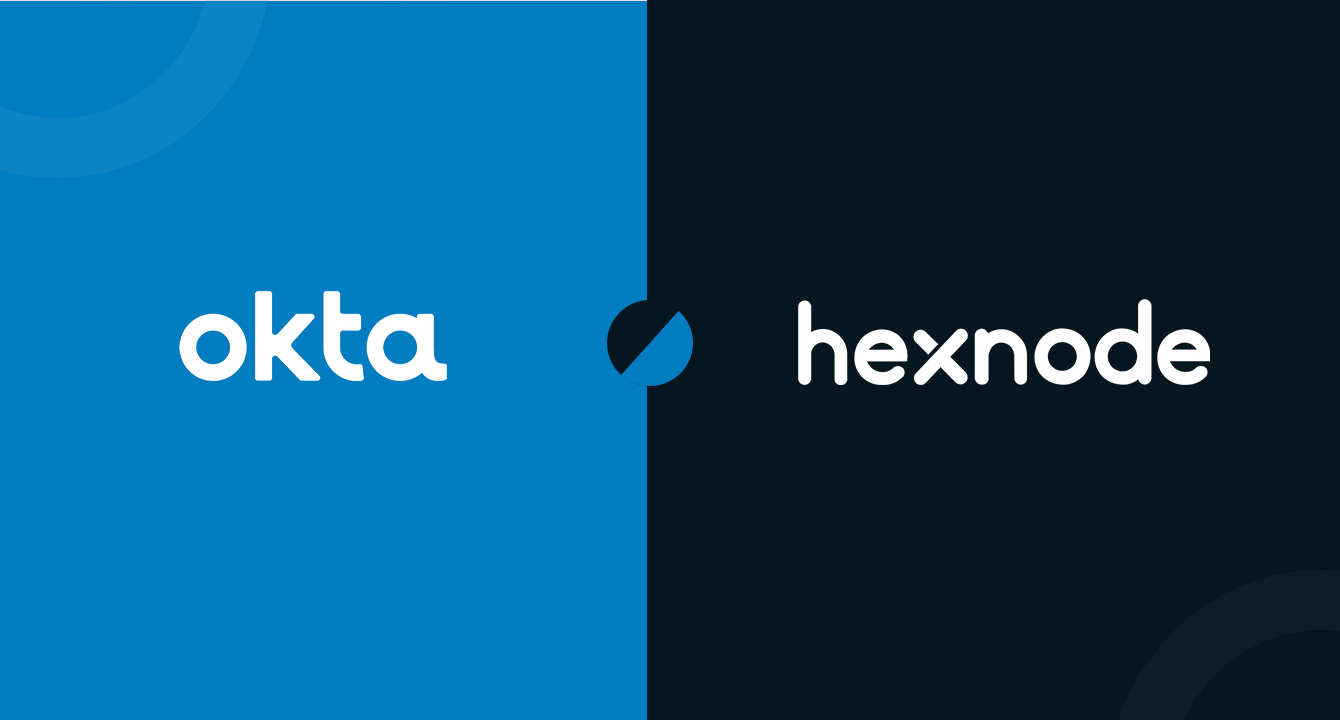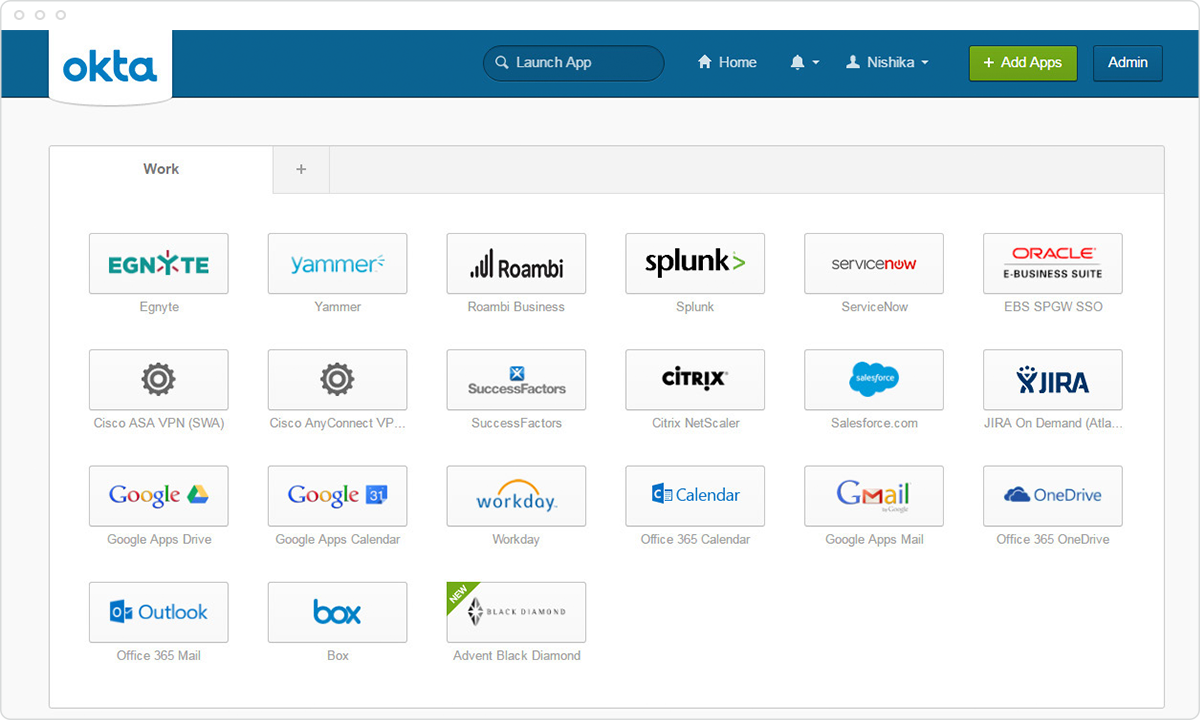

Once installed, you’ll need to know your companys Okta organisation name and your Okta username and password.
OKTA APP FOR MAC ANDROID
Android users should download it from the Google Play Store. For more detailed information about this plugin, please visit. Apple users should download Okta Mobile from the App Store.
OKTA APP FOR MAC INSTALL
The purpose of the App is simply to install the plugin in Safari that allows you to be authenticated to certain types of websites. This extension does not allow employers to monitor your browsing activity, log your website data, or snoop on you. The message to install the plugin will only be displayed if you have been assigned applications that require the plugin to securely sign you in. It also allows you to secure your sign-in information from websites you frequently visit on to the Okta cloud, if your IT has enabled feature. Often, IT admins use Okta on top of on-prem identity providers (IdPs), such as Microsoft Active Directory or an LDAP server, in order to connect their on-prem identities to the cloud.

Click an application and then the Provisioning tab. Like most other SSO tools, Okta relies on the SAML (Security Assertion Markup Language) protocol for authenticating user access to said web apps. In the Admin Console, go to Applications > Applications. Push a users Okta password or a random password to provisioning-enabled apps during initial Okta set up or when the users Okta password changes. This also allows for instances where your IT may have pre-defined (shared) website credentials that they may like you to use for specific sites. Synchronize Okta passwords or random passwords to provisioning enabled applications. Essentially, the plugin allows for credentials for certain websites to be securely passed from the Okta cloud directly to the web sign-in page, without the need to store those logins on your computer.

Hi Mdhj, The Okta Extension App is required by Apple to install the browser plugin that allows you to securely login to applications that don’t support SAML using Single Sign-On. it would be nice to have a statement from Okta on this. Many people work at home, some people live in europe, it seems like an extension like this could run afoul of privacy concerns pretty quickly. What exactly does the plug in do? in addition to its apparent end user functionality, what else is it doing? does it log web data? are employers using it to snoop into employee browsing activity? is it sucking data and sending it anywhere? But in order to use the app portal, it basically forces you to use this plug in. My company uses Okta for single sign on, which is fine.


 0 kommentar(er)
0 kommentar(er)
